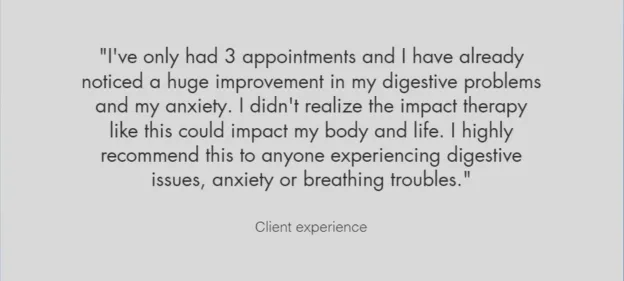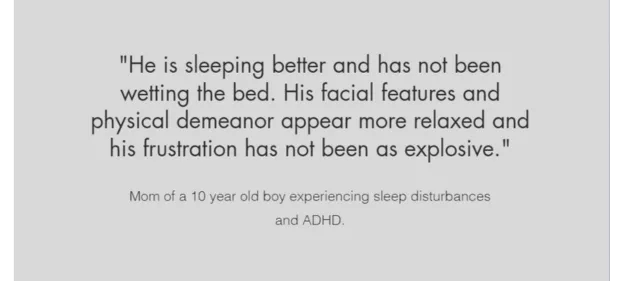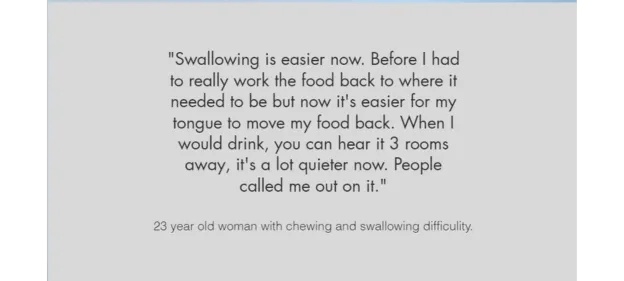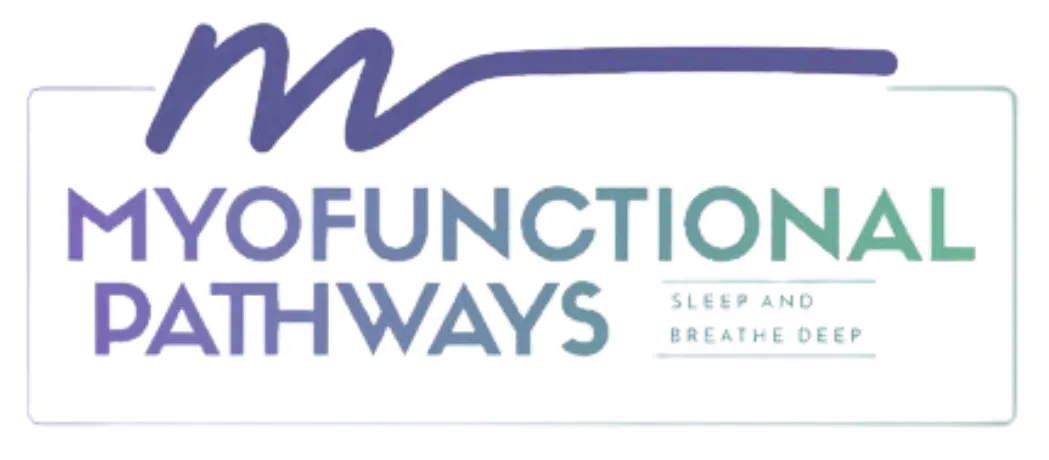
Welcome to Myofunctional Pathways!
Myofunctional therapy is a program of exercises that targets the muscles around the mouth, tongue, and face to improve breathing, eating, and talking. The therapy involves teaching people how to engage the muscles in the correct position.
Myofunctional Therapy:
~Targets muscles: It focuses on exercises for the muscles around the mouth, tongue, and face.
~Improves functions: retraining these muscles aims to improve breathing, sleeping, snoring, upper airway strength, orthodontic results, headaches, neck and other facial issues, clenching and grinding of teeth, eating, and talking.
~Helps with sleep issues: Myofunctional therapy can also be beneficial adjunct support for people with sleep-disordered breathing.
~Re-educates muscles: The therapy process involves teaching people how to properly use these muscles.
Myofunctional Pathways LLC is dedicated to helping clients improve their overall quality of life through tailored services. Our services are designed to provide desired outcomes and we stay with you until your goals are met.
Through extensive training, we provide top notch myofunctional therapy, sleep coaching, and breathing services. We are committed to providing the highest quality care to each of our clients and keeping them informed throughout their treatment journey, ensuring that they understand their treatment plan and communicating with other providers on their behalf while collaborating care. Transform your health today with our sustainable and healthy habits!
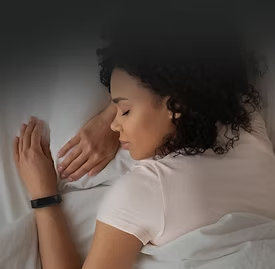
Sleep Quality
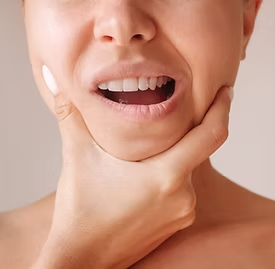
Facial Pain and Dental Issues

Orthodontic Support

Tongue Tie

Children Aged 4+
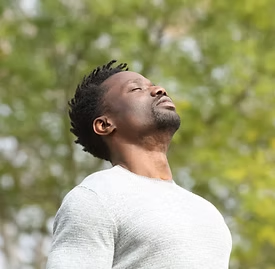
Breathing Issues
Myo 360 ™
Introducing Myo 360™ – our signature myofunctional therapy method!
Myo 360™ offers a comprehensive approach to addressing the root causes of oral dysfunction, combining therapy, sleep coaching, and real-world breathing techniques for lasting results. Sleep and breathe deep with Myofunctional Pathways
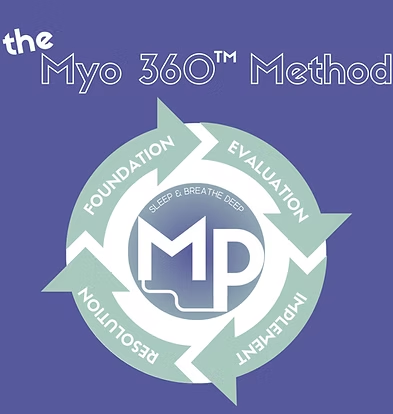
What Do Our Clients Say?
©2024 by Myofunctional Pathways.
DISCLAIMER: THIS WEBSITE DOES NOT PROVIDE MEDICAL ADVICE. THIS COMPANY DOES NOT PROVIDE MEDICAL OR DENTAL SERVICES OF ANY KIND AND DOES NOT CLAIM TO DIAGNOSE OR CURE ANY ILLNESS OR DISEASE. The information, including but not limited to, text, graphics, images and other material contained on this website are for informational purposes only. No material on this site is intended to be a substitute for professional medical advice, diagnosis or treatment. Always seek the advice of your physician or other qualified health care provider with any questions you may have regarding a medical condition or treatment and before undertaking a new health care regimen, and never disregard professional medical advice or delay in seeking it because of something you have read on this website. At Myofunctional Pathways LLC, we offer a gentle approach to help patients overcome sleep disorders and breathing issues. Our myofunctional therapy techniques are non-invasive and designed to retrain the muscles in the mouth and face to function properly. We also offer sleep coaching to help patients establish healthy habits and improve the quality of their sleep. We work in close collaboration with your healthcare provider and we never recommend discontinuing your CPAP or other devices without prior consultation with your doctor.
